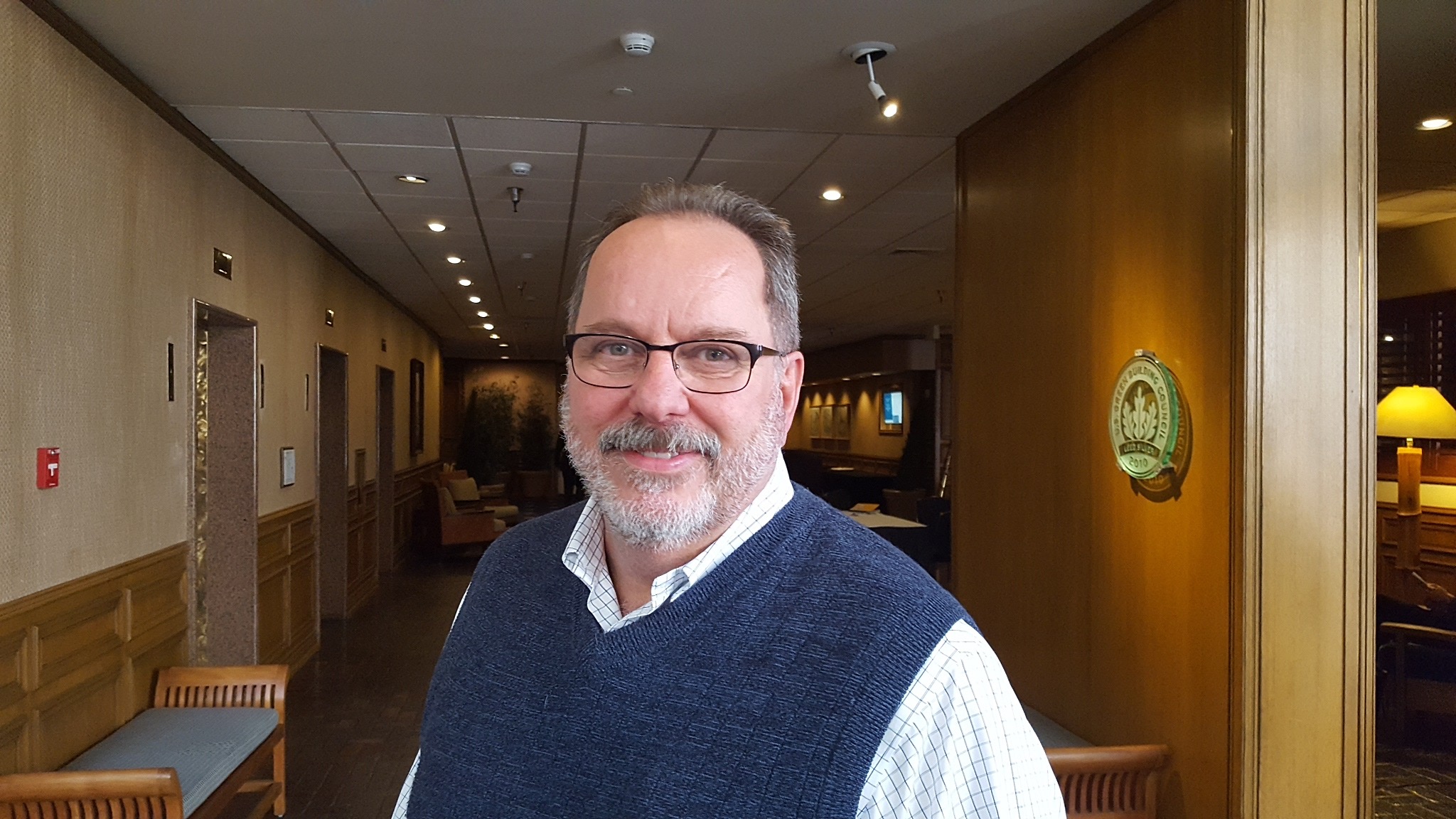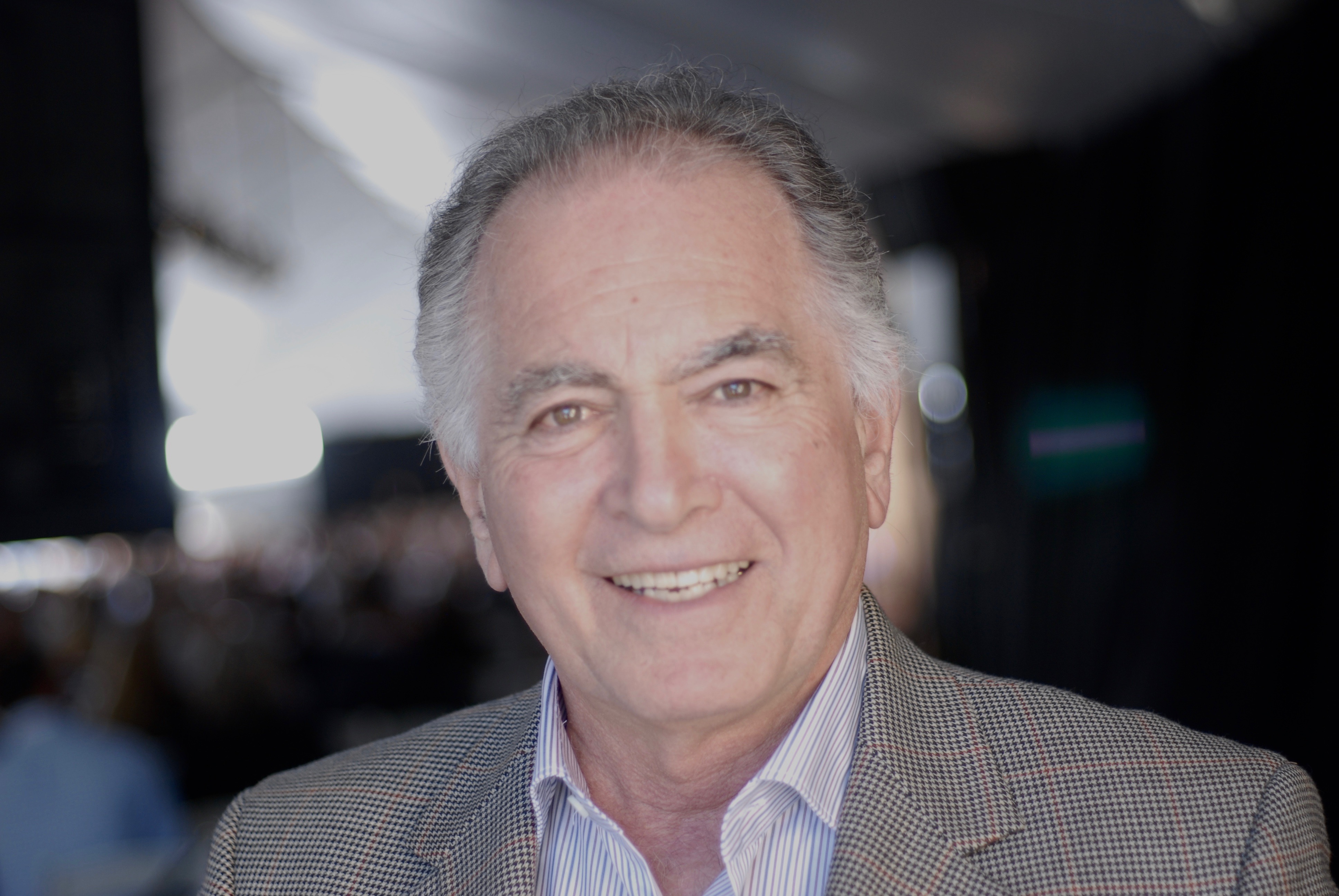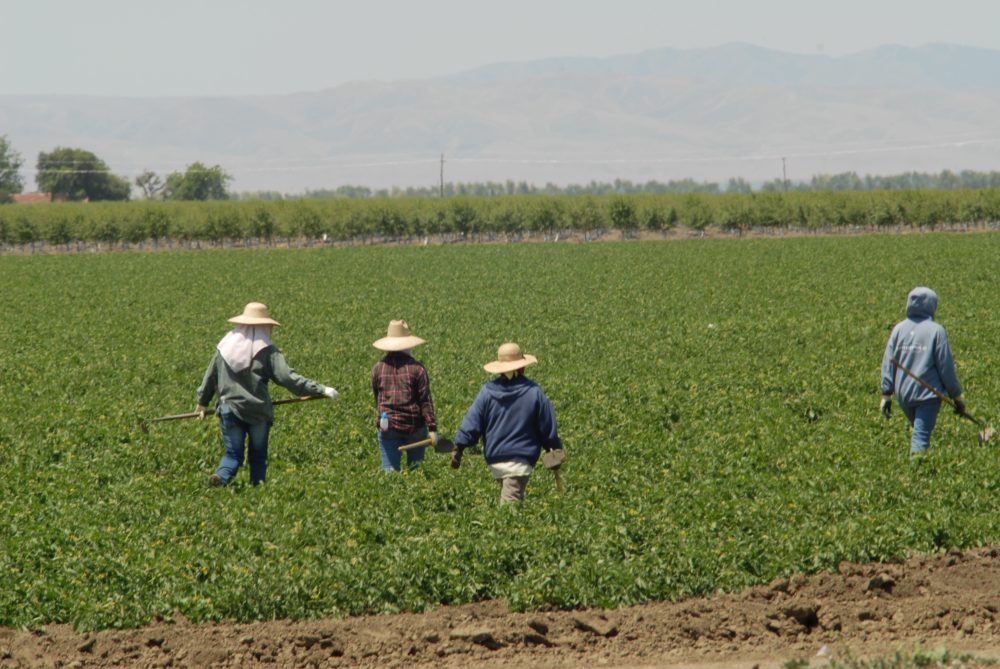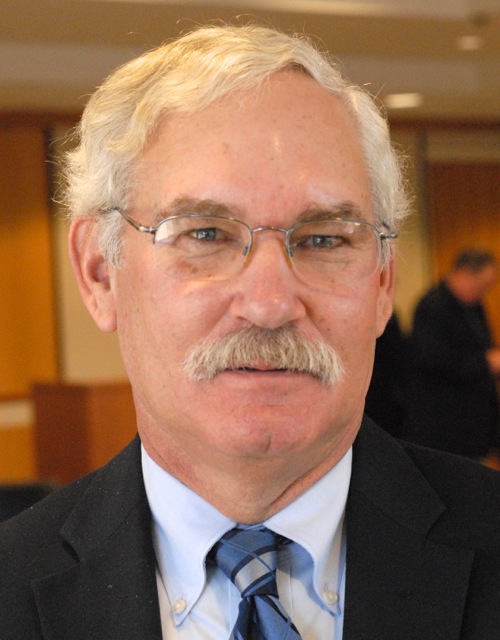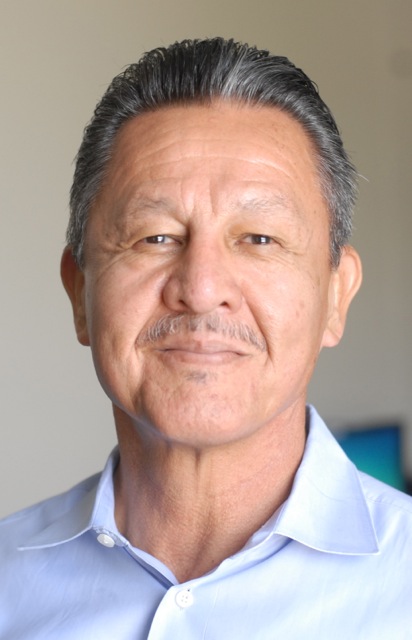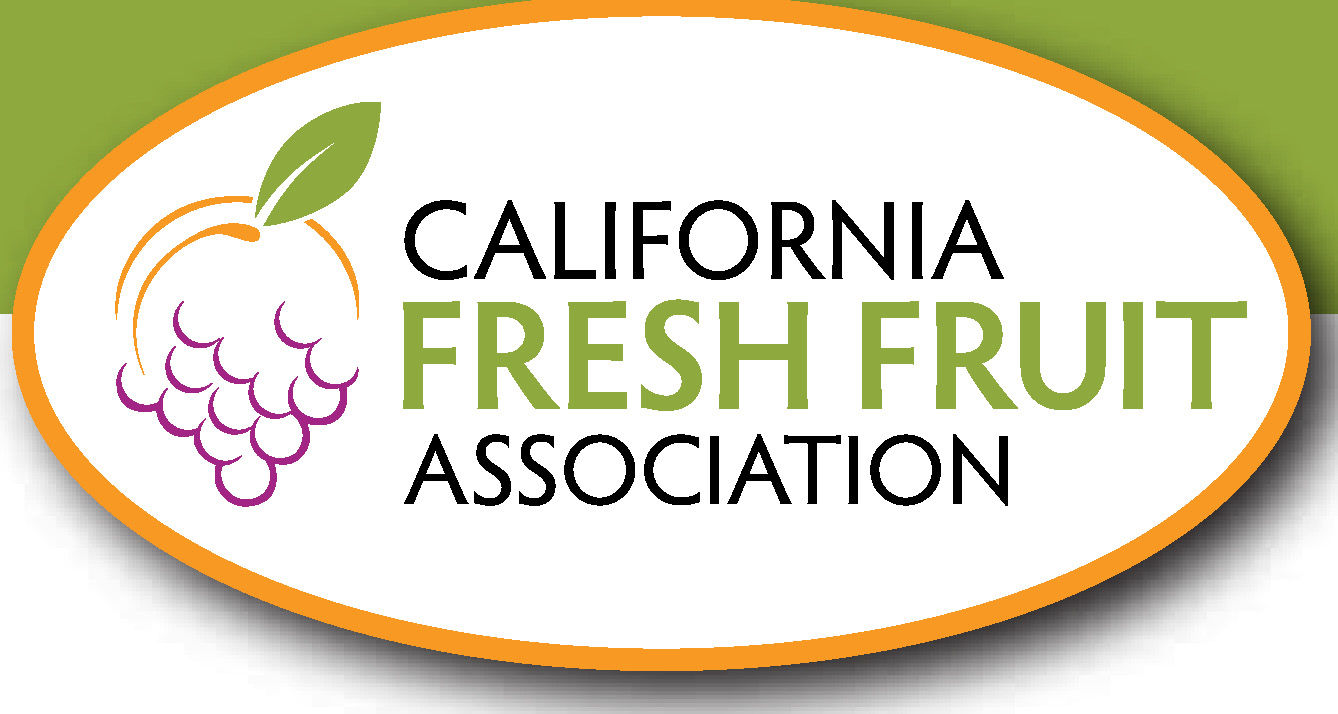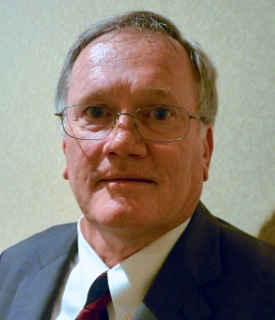Brexit Hurts Wine Exports To U.S.
Brexit-Devalued Pound Hurts Wine Exports To U.S.
Jon Moramarco, managing partner of Bonded Winery 166 (BW 166 LLC), is a third-generation wine professional at the company that his grandfather, Giuseppe Moramarco, a tenth-generation wine professional émigré from Italy, acquired BW 166 LLC in Los Angeles from the Jesuits during Prohibition.
Moramarco explained the effects of Brexit on wine imports to the U.S. “The UK pound has dropped in value versus almost every currency,” he began. “The UK will not want to raise their price in British pounds, so it will probably drive them to become interested in any exports to the UK from the U.S. They will want to have a lower price in U.S. dollars, which will be tough for producers to do in the U.S.”
Continuing, “Now those [EU] European wine exporters are going to say, ‘Well, I don’t want to sell at that price to the UK. I’m gonna go try and sell more in the U.S.'” noted Moramarco. “So we will see more imports coming into the U.S. from Europe.”
“So you kind of have a double whammy for wine,” Moramarco concluded, “because they’ve kind of lost the margin in one of their key markets.” He anticipated “difficulty in exports with people wanting to drop price,” as well as a greater “increase in people wanting to import into the U.S.”

